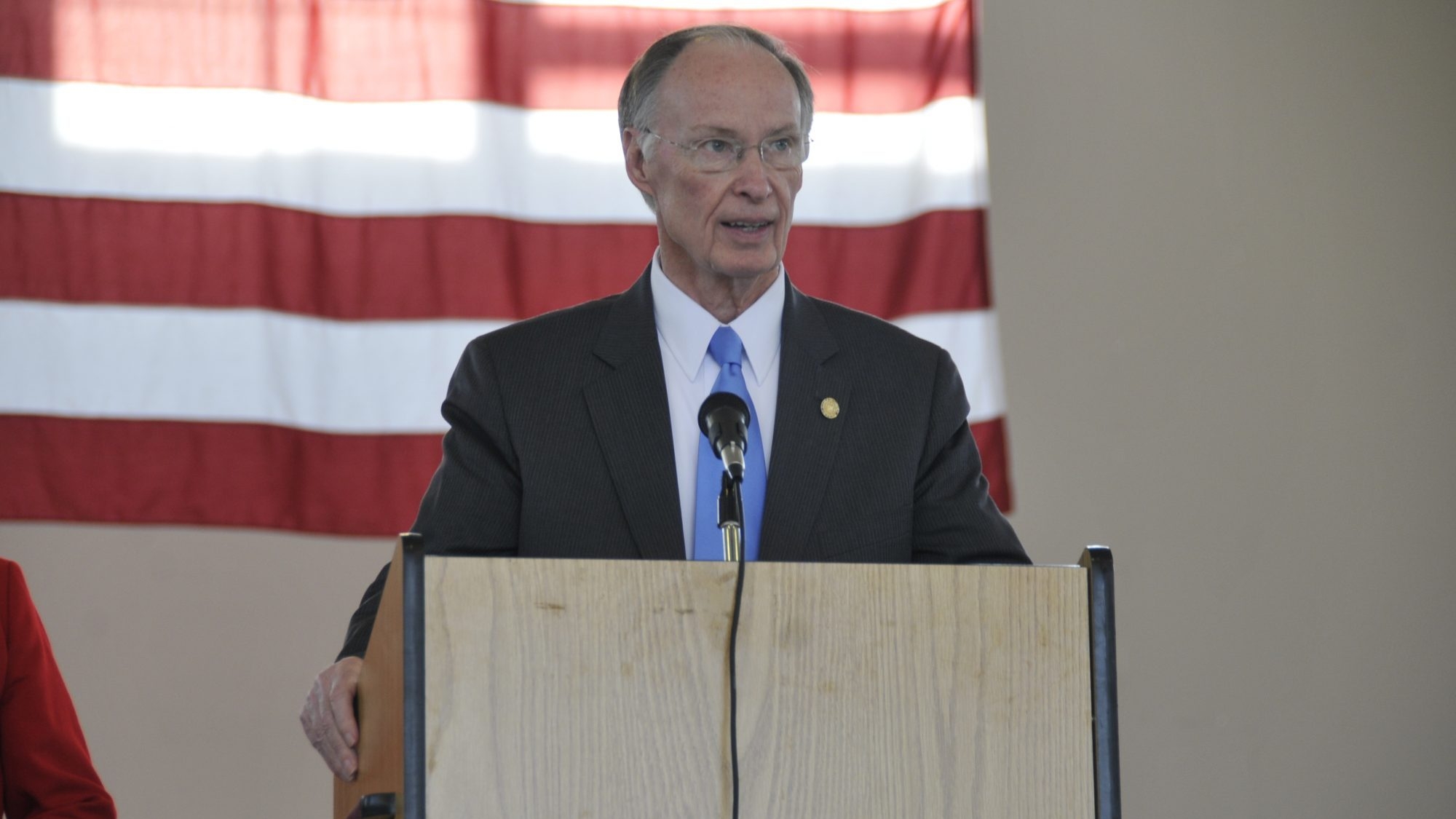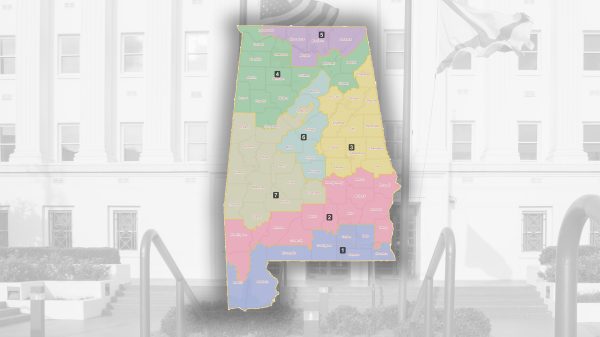A breaking news story published by APR on March 1, 2016, exposed Gov. Robert Bentley’s attempt to cover up the firing of Alabama Law Enforcement Agency Secretary Spencer Collier. Nearly three years to the day after the Monday Massacre, Collier will have his day in court.
Montgomery Circuit Judge Greg Griffin has set a March 4, 2019, trial date. Collier will face Bentley in his unlawful termination suit.
The Monday Massacre as it is known was part of Bentley’s scheme to accuse Collier of criminal wrongdoing as a pretense for his firing him a few weeks earlier.
Bentley and his alleged mistress, Rebekah Caldwell Mason, along with others in the administration sought to paint Collier as a crook; however, a Montgomery Grand Jury cleared Collier of all the allegations leveled by Bentley and his cohorts.
Collier’s case against the former governor revolves around a claim of unlawful termination. Collier was fired from his position at ALEA after he refused Bentley’s order to lie in an affidavit to the court in former House Speaker Mike Hubbard’s trial. After his firing, Bentley’s paramour, Mason, and Collier’s replacement, Stan Stabler, launched a smear campaign against him.
In a nearly six-hour deposition, Bentley admits to most of the allegations brought by Collier, except he blames Collier’s replacement, Stan Stabler, for the dirty deeds.
Gov. Kay Ivey, rather than settle the lawsuit, has spent over $400,000 to defend the disgraced governor.
With a trial date looming, the Ivey administration faces humiliation for defending Bentley as a jury trial will make public sorted tales of romance, revenge and dirty dealings during Bentley’s tenure.
“We are ready to go the trial,” Collier’s attorney, Kenny Mendelsohn, told APR on Monday. “We have a few more depositions to take, but we feel good about presenting the case to a jury.”
Few court observers understand why Gov. Ivey’s administration would spend public resources and political capital to defend Bentley when the state’s General Liability Trust Fund would cover Collier’s claim.
“This is not about the state defending itself,” said an Ivey insider. “This is about a vengeful governor [Bentley] and his girlfriend working to ruin a man’s life for doing his job.”
Not only did Bentley and Mason try to discredit Collier, they worked to ruin him, as noted in court findings. Additionally, the prolonged legal battle financed by the state has placed an extraordinary strain on Collier and his family.
Collier suffered a debilitating back injury during his state service which resulted in several back surgeries. Bentley’s lawyers have tried to use Collier’s back injury as a way to paint him as a drug addict, but court records show that instead of increasing pain medications, as with an abuser, Collier under doctor supervision has lowered his intake and dosage on pain medication.
Despite the evidence, lawyers paid by the Ivey administration have worked to smear Collier at every turn says a former administration official who has encouraged settlement.
The administration fought to protect Bentley, arguing executive immunity, but the court found that the immunity clause didn’t apply because Bentley’s retaliation against Collier fell outside of his official duties.
As APR‘s Josh Moon wrote in September, “Griffin’s decision to allow the case to move forward, and specifically rejecting the defense’s motion to dismiss on the grounds that Bentley was immune from prosecution.” As Moon observed, Griffin’s ruling recast Bentley’s position which means the state has no responsibility to cover Bentley’s legal fees.
Opinion | Maddox is right: The state shouldn’t pay for Bentley’s attorneys
Collier’s case will now test the limits of future governors’ immunity standing.
Judge Griffin also encouraged the parties to notify him if a settlement was reached before the trial date.
Indications within the Ivey administration are that reaching an agreement with Collier might be desirable but uncertain.
According to Collier’s attorney, he looks forward to facing his former boss before a jury of their peers.
APR reached out to Gov. Kay Ivey’s office and received no comment on the trial.





















































